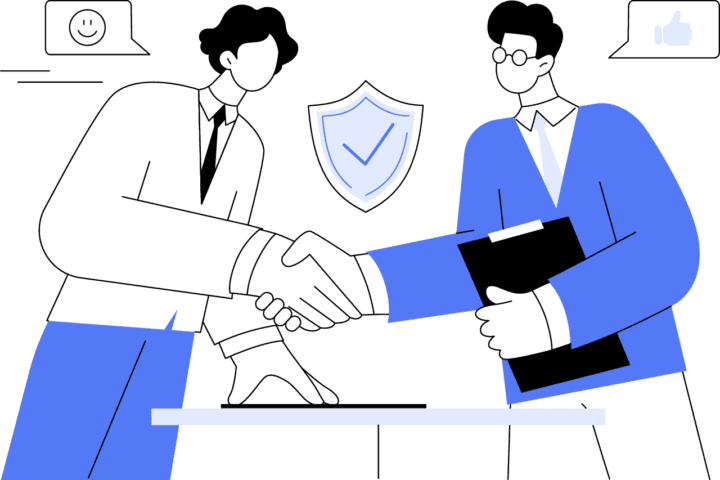


Henderson Taylor Law Firm specializes in the area of personal injury law. We serve individuals and families in Vancouver, Battle Ground, Camas, Washougal, Portland, and communities throughout Clark County, southwest Washington, and northwest Oregon.
900 Washington Street, Suite 750
Vancouver, WA 98660
2005 SE 192nd Ave Suite 200
Camas, WA 98607
Monday: 8:30-5
Tuesday: 8:30-5
Wednesday: 8:30-5
Thursday: 8:30-5
Friday: 8:30-12
Closed on all court holidays